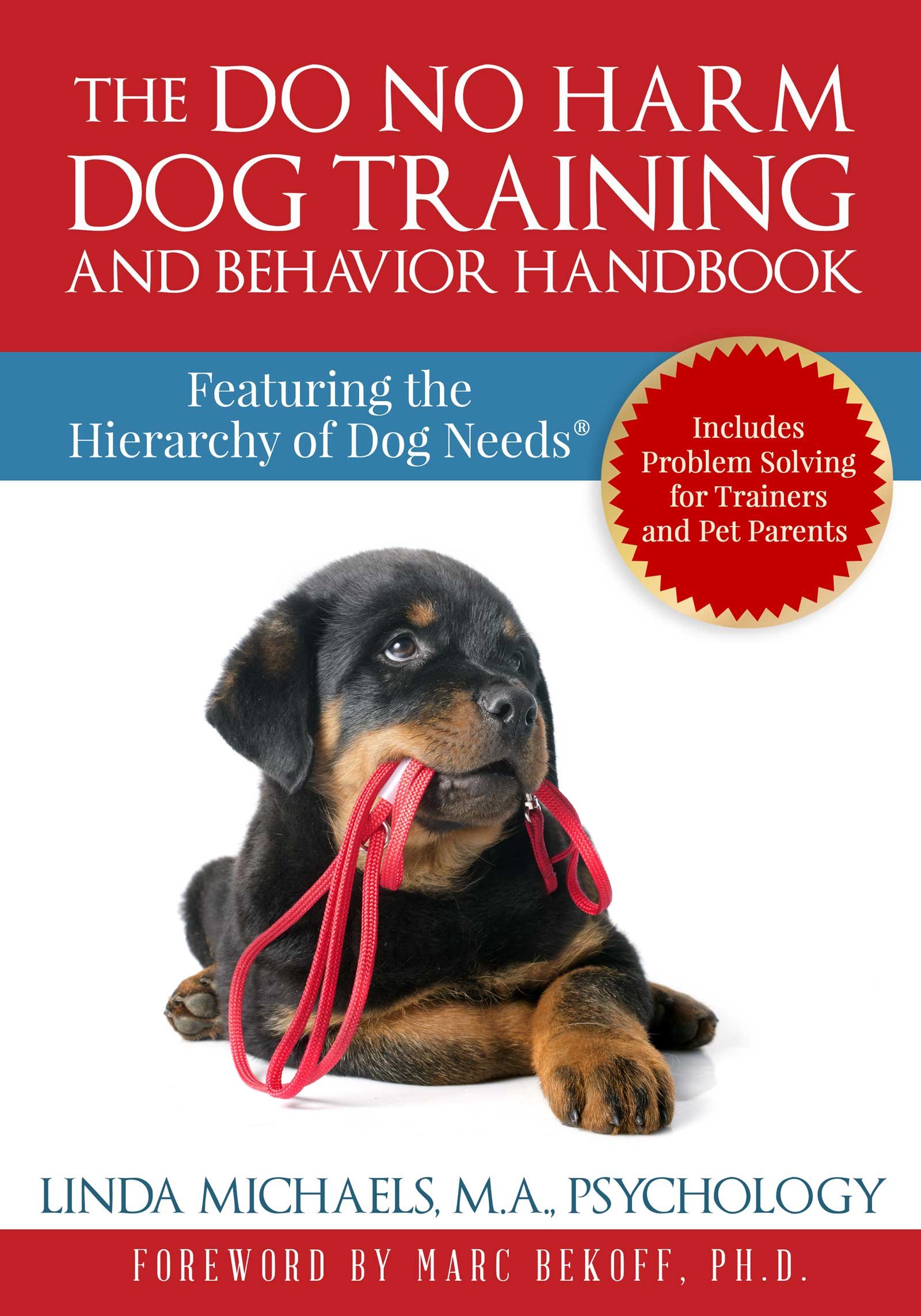Lawmakers, researchers, celebrities: What you can do... and how to find a good dog trainer!
Dog bites are a serious and growing public safety issue and it is well-documented in scientific literature that inflicting pain is frequently a cause of aggressive behavior. Bite incidents may result from the direct administration of shock (Polsky, 2000).
Aggression is not the only emotional disturbance stemming from punitive and aversive training methods. According to an article in the Journal of Veterinary Behavior, "Good Trainers: How to Identify One" (Overall et al., 2006), investigators placed shock collars, prong collars, and choke collars at the top of the list of equipment that causes anxiety, fear, and arousal, which often contributes to an increase in aggression. A growing number of governments in progressive animal-welfare sensitive nations ban the use of these devices on pet dogs.
Canine research scientists are encouraged to take a leadership role in the ethical treatment of companion animals. Evidence illustrates there is no place for shock, prong, choke, or other aversive variables in companion animal research. The rationale against the use of shock and positive punishment is well established in scientific literature. Dr. Karen Weigle (2019), clinical psychologist, affiliated with the University of New Hampshire spoke out on shock saying, "This has gone on for this long because this is a population who cannot adequately speak for themselves." Who will speak for the dogs? If not us, who? If not now, when? Professional positions opposing the use of aversives in dog training are based on both a sophisticated academic grasp of the neurochemical and behavioral mechanisms at play, and a desire to promote animal welfare in a civilized world (Michaels, 2015d). The hallmarks of leadership in science highlight the detrimental effects that painful devices and practices have on our companion animals. The advent of the Pet Professional Guild (PPG) gives medical professionals, research scientists, and other pet professionals a clear option for affiliation with an international, science-oriented organization. PPG members subscribe to No Shock, No Pain, No Choke, No Fear, No Pain and No Physical Force in dog training. It is understood that science cannot take a stand but scientists can.
Scientists can easily design research studies that do no harm, thus supporting the instrumental and necessary steps leading to a ban on shock devices used with pet dogs. A survey using the extensive Canine Behavioral Assessment and Research Questionnaire (C-BARQ) database (Serpell, 2020), or a separately designed survey, exploring the co-relational relationship between shock training and bites would be of practical value to scientists, animal welfare advocates, trainers, and the public. A survey study based upon a collection of statistics from veterinarians on the injuries and deaths from choke and prong collars would inform and illustrate the true extent of the problem using these devices. Scientific presentations have real world impact on audiences, and moreover, on our companion animals. Pet professionals from an array of dog-related fields often incorporate these scientific interpretations into their practices and hold them up as a gold standard. New evidence-based practices are the driving force in social commitment to animal welfare policy legislation and the subsequent enforcement of sanctions prohibiting intentional harm to dogs. Scientists who adopt a clear and ethical stand on dog handling and training can help drive social change and shape laws governing animal welfare legislation. Governmental representatives will look closely at what scientists have to say about shock, prong, choke, and dominance training practices. The adaptation of ethics driven science into law puts to rest the unwarranted justification of the use of painful devices and training methods.
Celebrity impact on cultural change is also a powerful and a much-needed force for good. The dog-loving celebrity community can be leading spokespersons for Do No Harm training methods. Celebrities can affect the well-being of dogs across the globe with just a few, clear, and well-spoken words about dog training methods. Employing force-free dog trainers and encouraging the production of truly dog-friendly television shows and films will further endear fans to stars and their pets.
Together a commitment to strengthening animal welfare laws and regulations based upon dog-friendly ethics will bring about a transformation-a sea change in dog training that is long overdue. Increasing penalties for dog abuse and neglect, and developing regulation in the field of dog training ensures trainer competency and a do no harm ethic for dog-related activities. This will accomplish our collective goal. It is incumbent upon each of us to take a clear and unwavering stand on these issues by adopting a force-free ideology concerning the care and welfare of our dogs.
Read more from the Journal of Veterinary Behavior:
Learn more about separation anxiety and its treatment in The Do No Harm Dog Training and Behavior Handbook.


